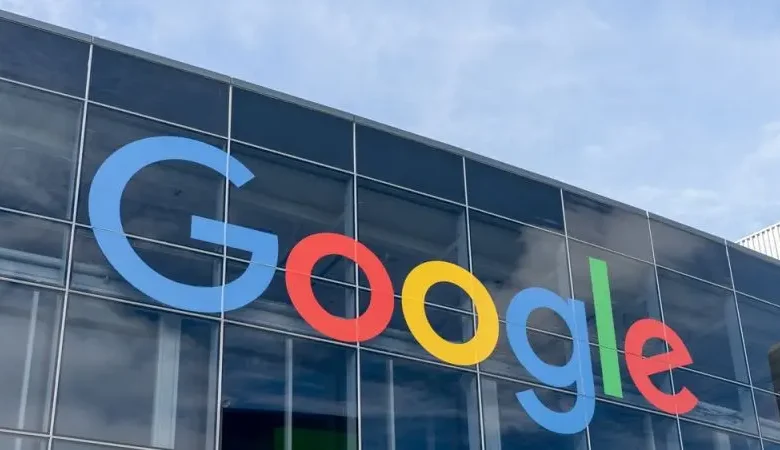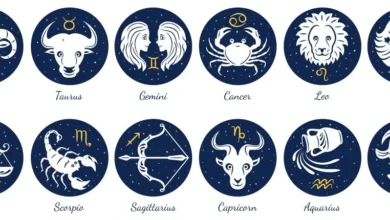Federal judge rules that Google violates U.S. antitrust laws

A federal judge on Monday ruled that Google violated U.S. antitrust law as a monopoly in search and text advertising.
In 2020, the government alleged that Google has kept its share of the general search market by creating strong barriers to entry and a feedback loop that sustained its dominance.
District Court Judge Amit Mehta in the District of Columbia ruled Google violated Section 2 of the Sherman Act, which outlaws monopolies, in a 277-page opinion.
“After having carefully considered and weighed the witness testimony and evidence, the court reaches the following conclusion: Google is a monopolist, and it has acted as one to maintain its monopoly,” he wrote.
The company has exclusive contracts for a dominant position, including with Apple, as the world’s default search provider on smartphones and web browsers.
Rivals include Microsoft’s Bing and DuckDuckGo and others.
“This victory against Google is an historic win for the American people,” Attorney General Garland said in a statement. “No company — no matter how large or influential — is above the law. The Justice Department will continue to vigorously enforce our antitrust laws.”
Assistant Attorney General Kanter said: “This landmark decision holds Google accountable. It paves the path for innovation for generations to come and protects access to information for all Americans. This victory is a reflection on the tireless efforts of the dedicated public servants at the Antitrust Division and our state law enforcement partners whose work made today’s decision possible.”
Kent Walker, Google’s president of global affairs, said in a statement that the company plans to appeal the ruling.
“This decision recognizes that Google offers the best search engine, but concludes that we shouldn’t be allowed to make it easily available,” Walker wrote. “As this process continues, we will remain focused on making products that people find helpful and easy to use.”
Remedies have not been determined, including fines.
The court could force Google to implement a “choice screen” letting users know about other available search engines, Vanderbilt University law professor Rebecca Allensworth told CNN.
Attorneys general from 38 states and territories, led by Colorado and Nebraska, joined the DOJ in the lawsuit.
In December, a federal jury in California said that Google runs an illegal monopoly with its proprietary app store. The court is still deliberating possible remedies.
A separate antitrust suit brought by the Biden administration against Google in 2023 is related to the company’s advertising technology business. That case is slated to head to trial in early September.
Amazon and Apple are also facing antitrust lawsuits.
Alphabet is the parent company of Google, which was founded on Sept. 4, 1998, in Menlo Park, and went public in 2004. Alphabet’s shares were down 4.61%, $7.41 to $159.25, as the stock market was down sharply among economic fears. The Dow Jones Industrials dropped 2.6%.
As of January, Google processes around 8.5 billion searches daily. And Google’s advertising revenue in 2023 was $237.86 billion.
Google has 182,502 employees.










